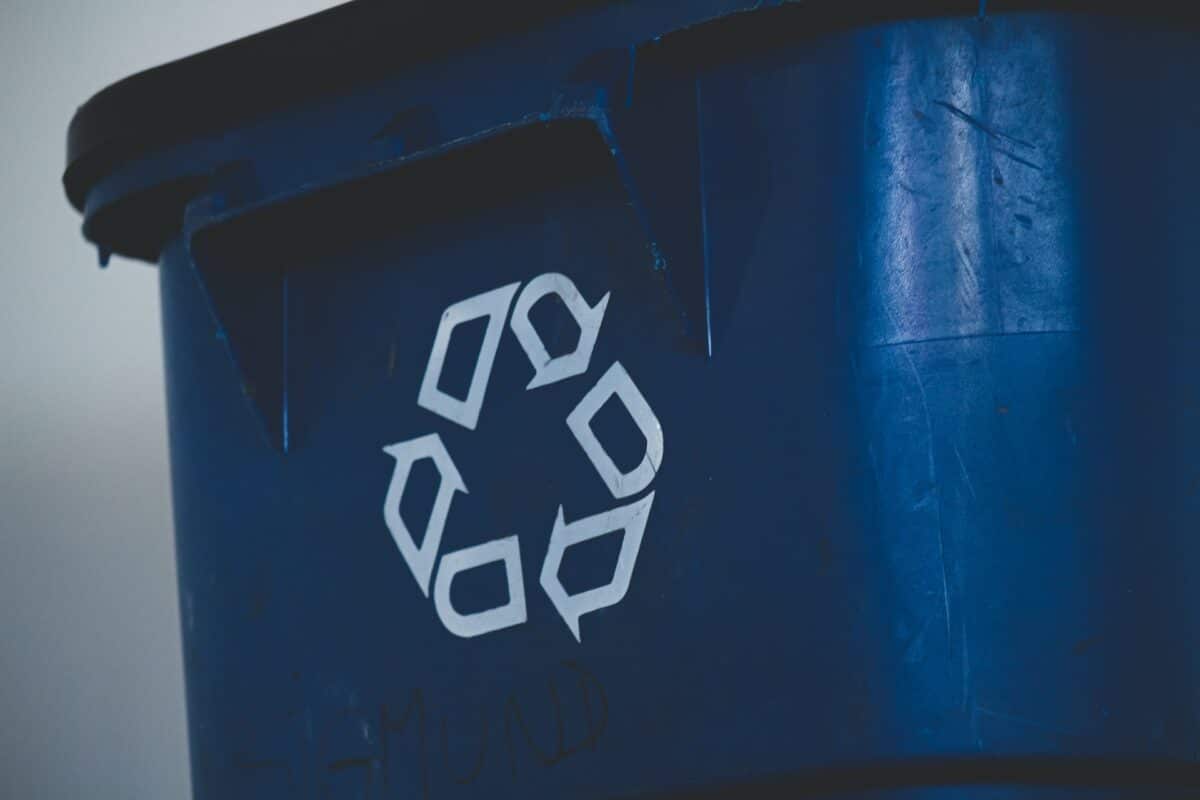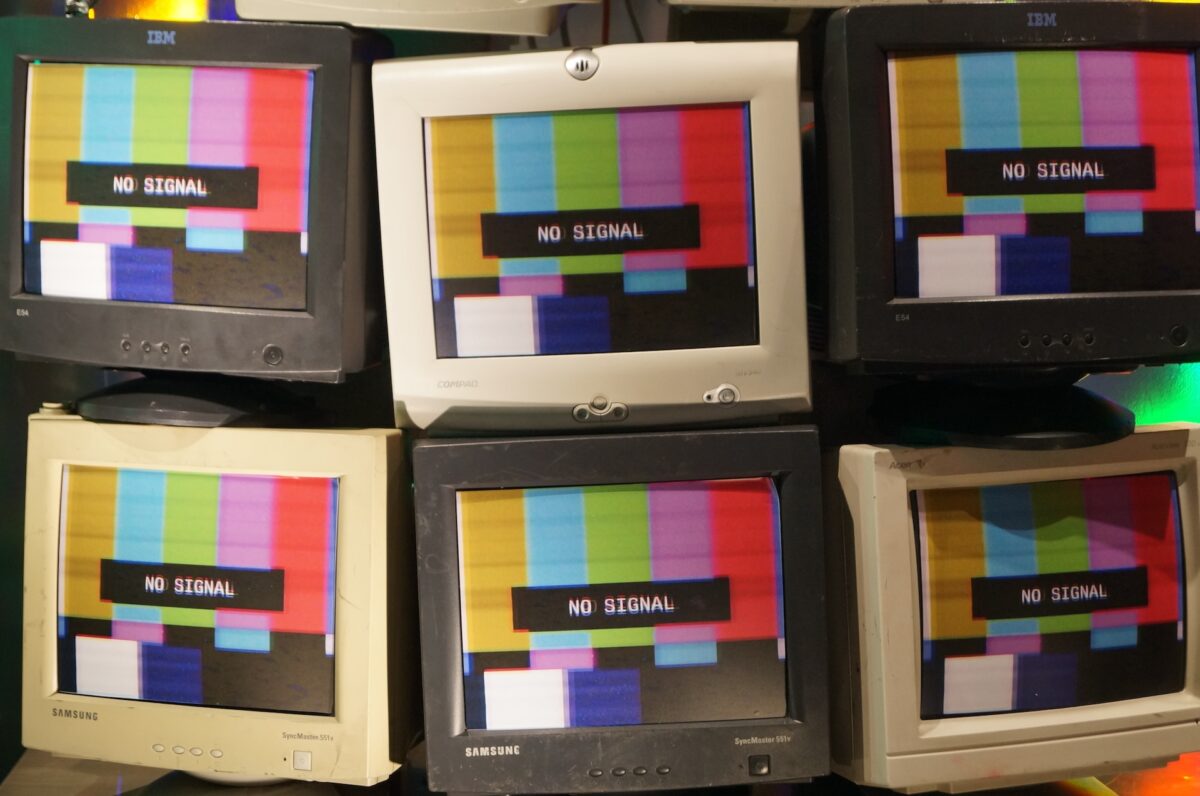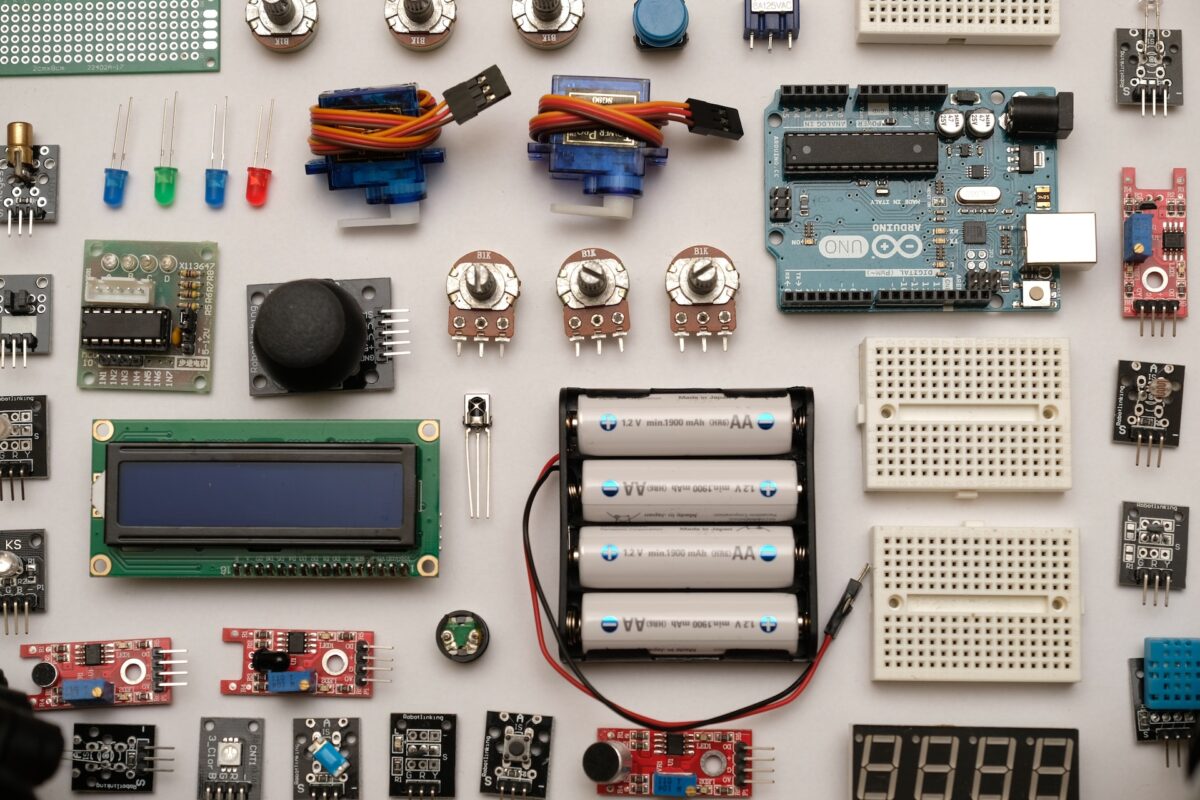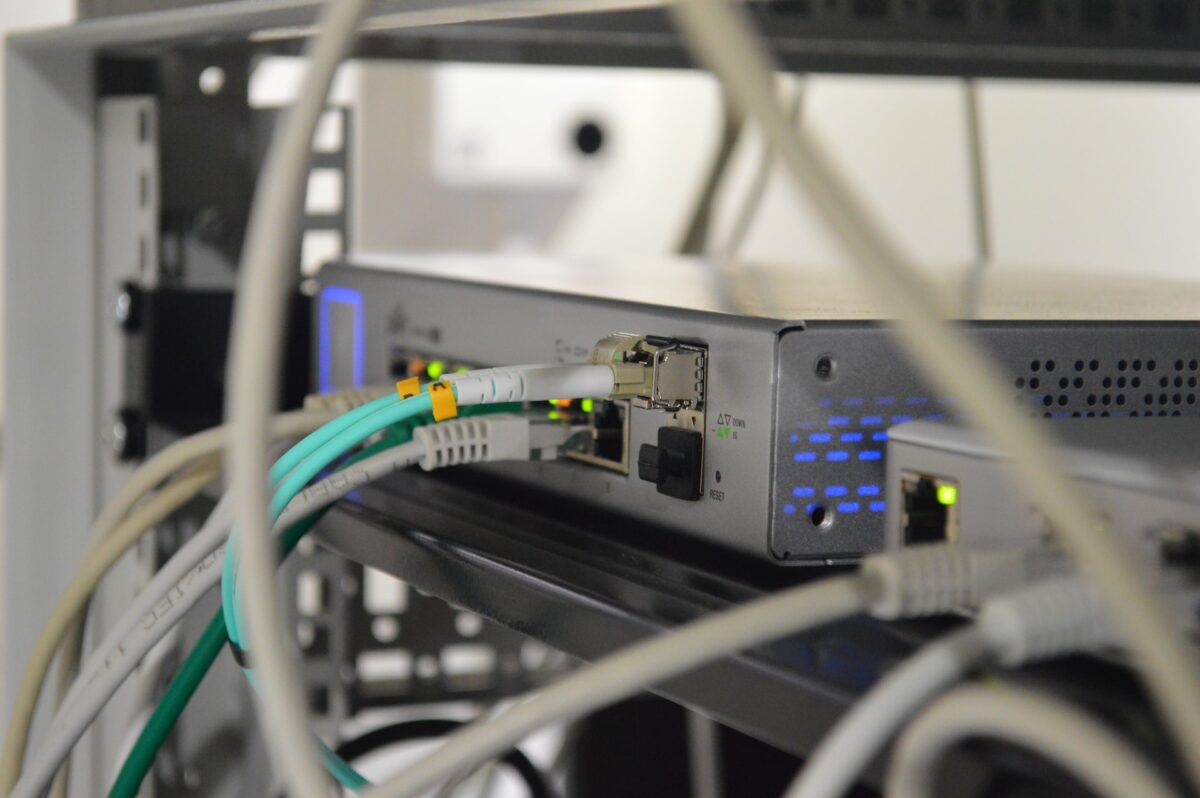A Quick Guide to E-Waste Recycling Process (Part 2)
Electronic waste, or e-waste, has indeed become a growing concern worldwide. Improper disposal of e-waste can lead to severe environmental and health problems. When not recycled, e-waste can end up in landfills or incinerators, causing toxic materials to leak into the environment.
In part one of this article, our recycling center in Atlanta discussed the importance of e-waste recycling, the challenges, and the different types of e-waste that can be recycled. In part two, we share the complete e-waste recycling process and the steps involved:
E-Waste Recycling: The Process
E-waste recycling is a complex process that involves several steps to ensure that all hazardous materials are safely removed and valuable resources are recovered. The following are the six crucial steps involved in the complete e-waste recycling process.
Step 1: Collection of E-Waste
The first step in e-waste recycling is the collection of electronic devices. E-waste can be collected from various sources, such as households, businesses, and government agencies. Collection centers are set up in different locations to make it much easier for people to dispose of their electronic devices. Some recycling companies also offer pick-up services for large e-waste items such as refrigerators, televisions, and air conditioners.
Step 2: Storage
Once e-waste is collected, it is stored in a secure facility until it is ready to be processed. During storage, the e-waste is sorted into different categories, such as computers, mobile phones, and household appliances.
Step 3: Manual Sorting
Manual sorting is a critical step in the e-waste recycling process. Skilled workers sort the e-waste into categories based on their type, brand, and condition. This manual sorting process ensures that all hazardous materials are identified and removed from the electronic devices.
Step 4: Dismantling or Shredding
After manual sorting, the electronic devices are dismantled or shredded. In the dismantling process, the electronic devices are taken apart, and the components are separated. This process is ideal for devices that contain valuable materials like copper, gold, and silver. Shredding is used for electronic devices, such as hard drives and CD-ROMs, that cannot be dismantled. In shredding, the electronic devices are crushed into small pieces, making it easier to extract valuable materials.
Step 5: Mechanical Separation
Mechanical separation is the process of separating the different materials that make up electronic devices. This process uses specialized machines that separate different materials based on their physical properties. For example, a magnetic separator is used to separate ferrous metals such as iron and steel, while a non-ferrous metal separator is used to separate non-ferrous metals like copper and aluminum.
Step 6: Recovery
The final step in the e-waste recycling process is recovery. Recovering valuable materials from electronic devices is essential, as it reduces the need for new materials to be mined or extracted from the earth. The recovered materials can be used to manufacture new electronic devices, reducing the environmental impact of the manufacturing process. Recovered materials can also be sold to manufacturers, generating revenue for the recycling company.
Conclusion
E-waste recycling is a crucial process that helps to reduce the environmental impact of electronic devices. The complete e-waste recycling process involves several steps, from the collection of e-waste to the recovery of valuable materials.
It is essential to recycle e-waste properly to prevent hazardous materials from entering the environment and to recover valuable resources. By recycling e-waste, we can reduce the environmental impact of electronic devices and create a more sustainable future for all.
The good news is that electronics recycling in Atlanta has been made easy by Atlanta Green Recycling .
Atlanta Green Recycling provides a wide range of environmentally friendly and cost-effective electronic recycling and disposal solutions for businesses and individuals in the Atlanta region. Reach out to our recycling center in Atlanta if you have e-waste!









